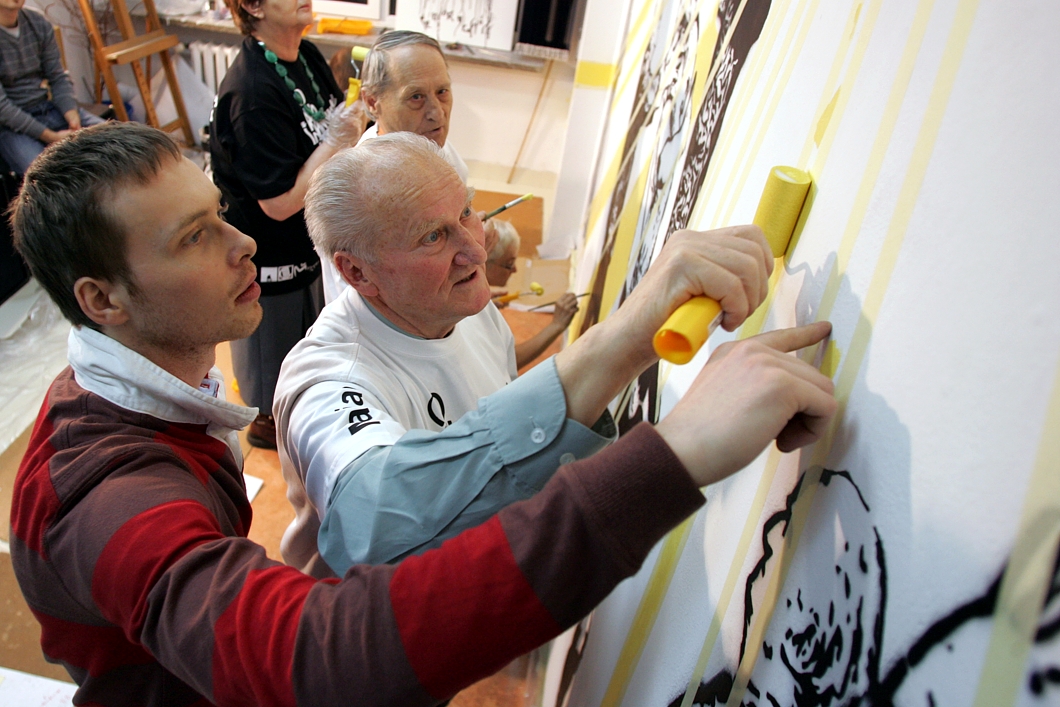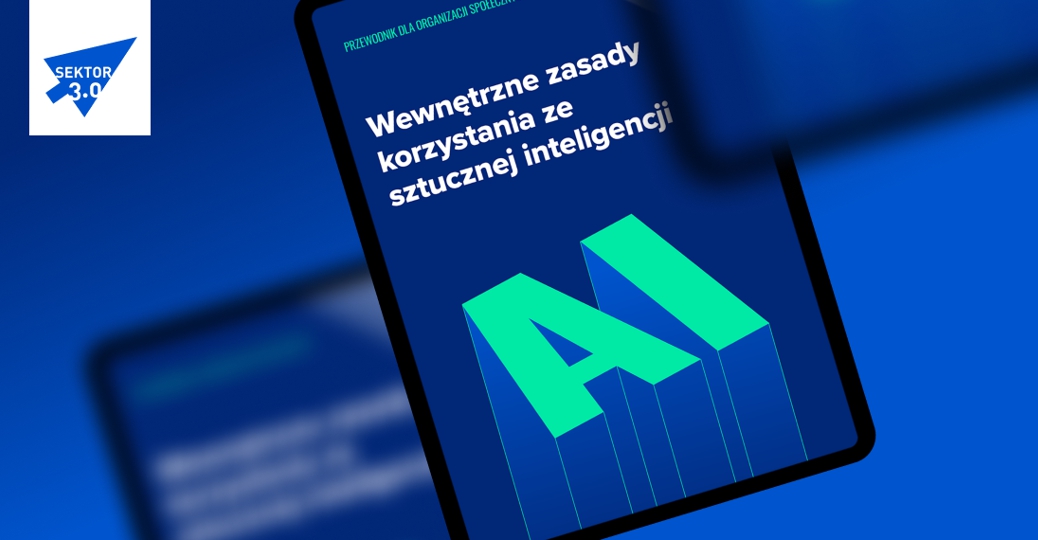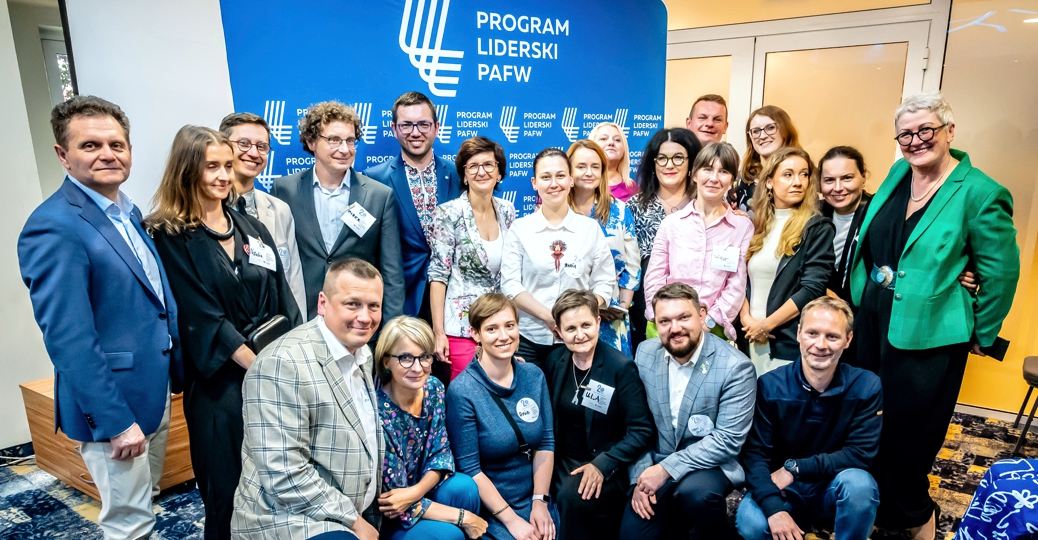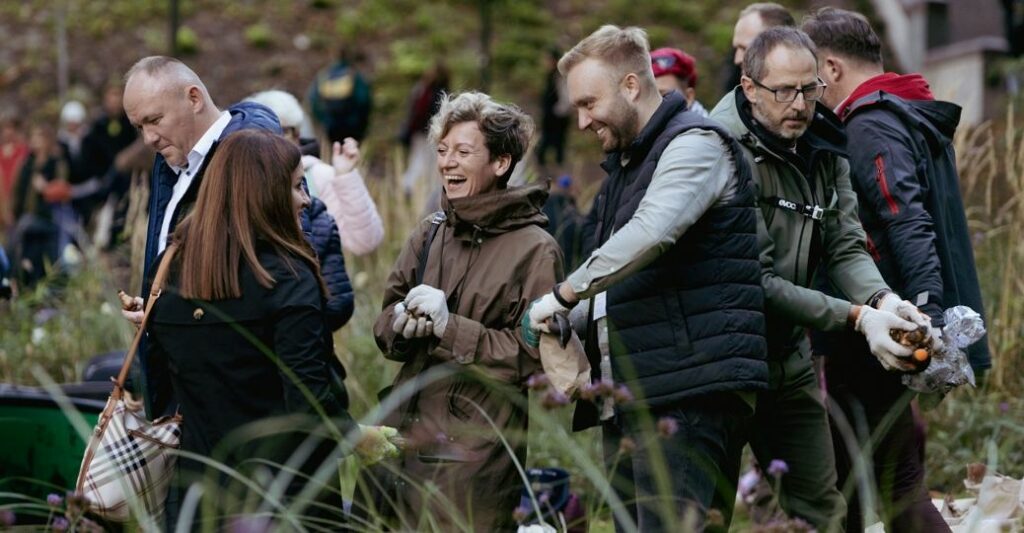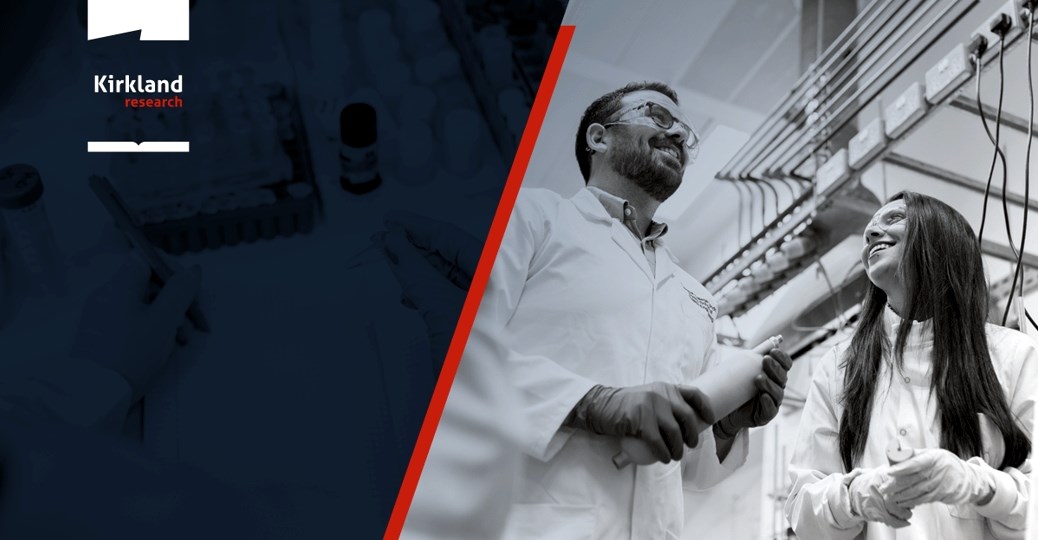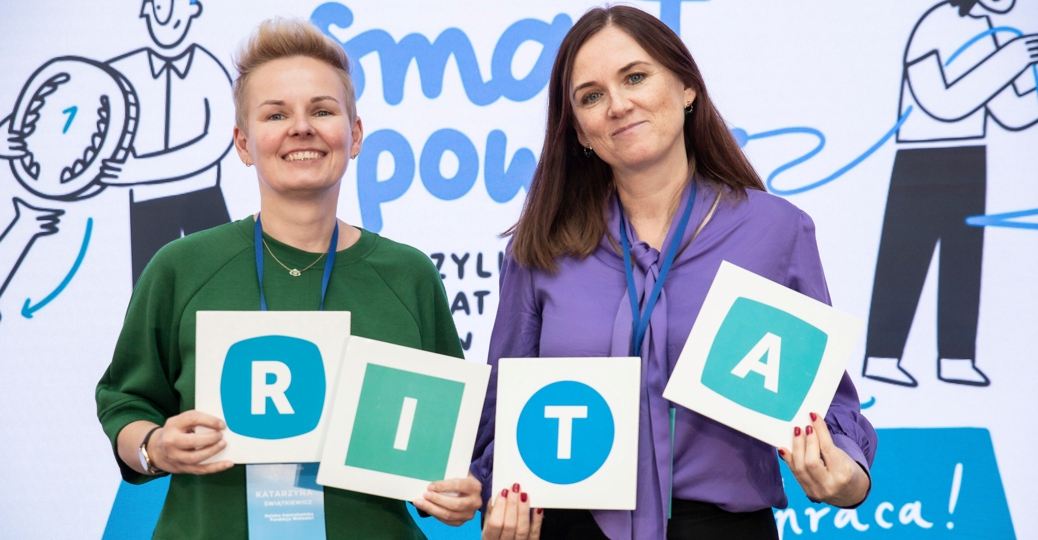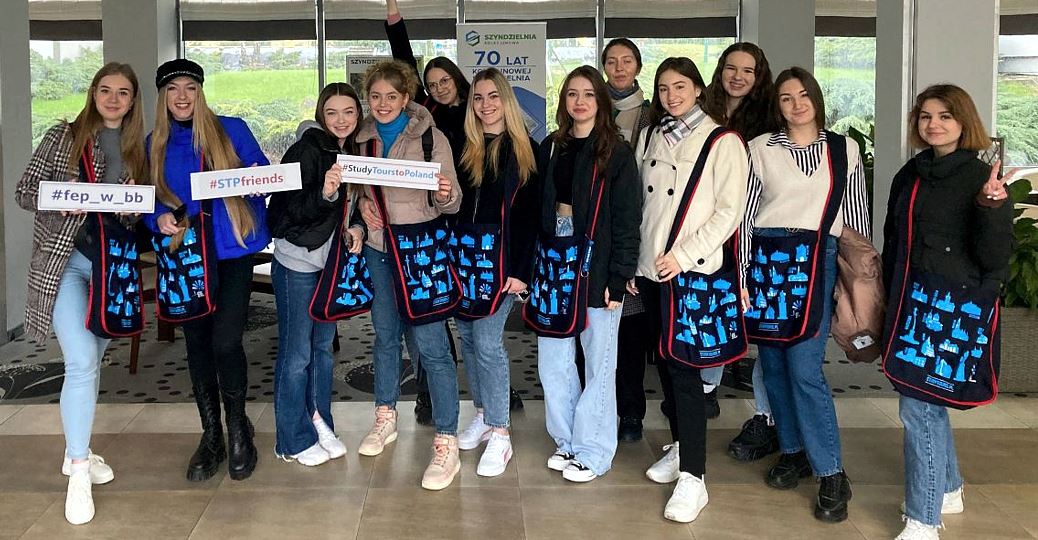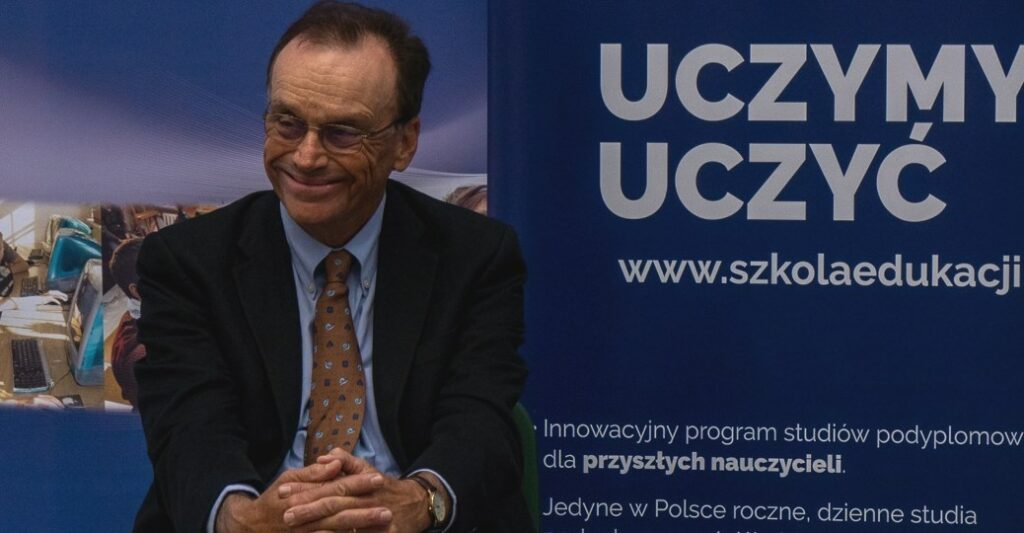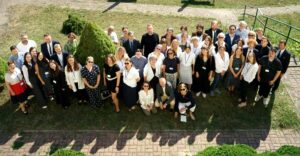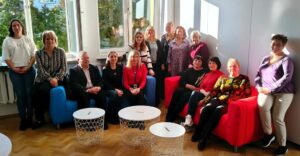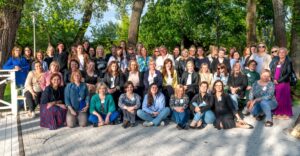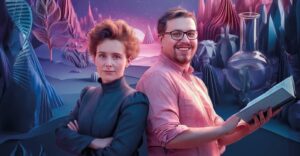How can experience gained at the PAFF and UW School of Education be used in the first years of teaching? That was one of the topics discussed by Chairman of Polish-American Freedom Foundation Board of Directors Andrew Nagorski with School of Education graduates.
At the meeting held on October 27 Andrew Nagorski asked about the reality of Polish school and how the teachers-holders of School of Education diplomas find their ways there. The graduates claimed that thanks to their courses at SE and many hours of practical training they developed flexibility and reflexivity. They were also students’ subjectivity-oriented from the very beginning.
All men make mistakes
The young teachers pointed to the fact that they have totally changed their attitude to the problem of making mistakes. ‘Not long ago I had a not very successful lesson. Before the course at SE I would have been very upset about it. But now I know that it may happen I have a weak moment, and the most important is that I know what went wrong and how to correct it,’ biology teacher Zofia Magier said.
Math teacher Konstanty Kostrzewski noted that sometimes the reason of failure is that children are not ready for a new method. ‘We had controlled conditions and teaching staff support at our practical lessons at the School of Education. But now we sometimes have to prepare students, parents, and other teachers to cooperation, prepare the ground, before we can apply various teaching methods,’ he said. Bartosz Musiał, a history teacher who started to work at school in September 2021, had very similar experiences.
According to Polish teacher Marlena Bartczak the initial resistance to new methods results from the fact that students haven’t been treated as subjects before. ‘Therefore it is so important to explain why I do something that way and not another. Young people take courage and start to think about the teaching/learning process and educational strategies. That fantastic attitude I learned at the School of Education,’ she emphasized.
Relationships and openness to observation
The meeting participants pointed to the fact that their studies gave them the chance to build a strong teachers community which they can always ask for support. Polish teacher Marta Łącka told about her contacts with other people she met at the School of Education and how important they were for her at the time of pandemic. ‘I have a feeling that returning to classes brought us a kind of renascence of thinking about relationships and how important other person is,’ she noted.
Such experiences give courage also in relationships with other teachers. ‘I always conduct open classes. Teachers and parents can come at any time. I got used to it at the School of Education,’ math teacher Mirosława Puczko said.
Andrew Nagorski appreciated the engagement the School of Education graduates spoke about their work with children and young people with. He also noted that at the time when the whole world is focused on combatting the pandemic, schools have to cope with distance teaching and teachers, parents and students – with unknown so far social isolation, the tasks they face require them to be very brave and thus they need special support. ‘I’m very happy that the School of Education is the place that both educates teachers and offers them support,’ Chairman of Polish-American Freedom Foundation Board of Directors said.
School of Education is a joint undertaking of the Polish-American Freedom Foundation and the University of Warsaw, designed in close cooperation with the renowned Columbia University Teachers College in New York. This is the only full-time post-graduate course in Poland granting teaching certificates.
In the fifth course (2020/21 academic year), 38 students are studying at four educational paths – Polish studies, math, history and social sciences, and biology and life sciences. Additionally, 14 students are at psychological and pedagogical path run in cooperation with Biology Faculty, University of Warsaw. An integral part of teacher educating at SE are practical classes at schools held on a daily basis.
Andrew Nagorski is the Chairman of PAFF Board of Directors, former Vice President and Director for Public Policy at East-West Institute, New York. For many years, he had worked for Newsweek International as the Senior Editor and correspondent to Hongkong, Moscow, Rome, Bonn, Warsaw, and Berlin. He is the author of many award-winning non-fiction publications.









